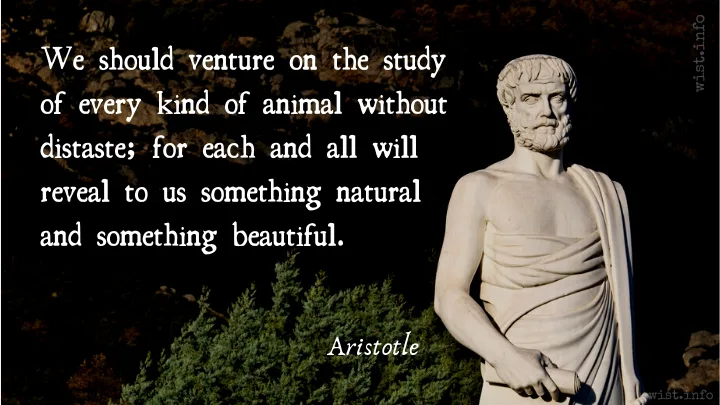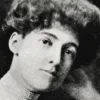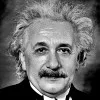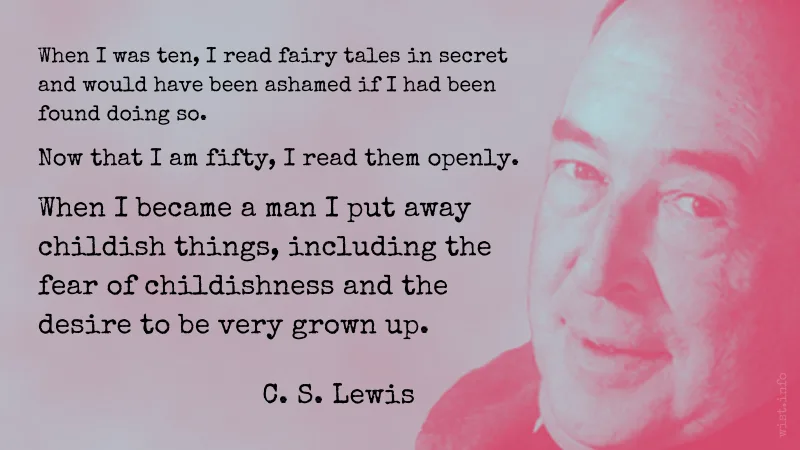In a fit of exasperation, Miss Manners once demanded of a six-year-old person how it could be so childish and was forced to admit the justice of its reply, “I’m a child.”
Quotations about:
childishness
Note not all quotations have been tagged, so Search may find additional quotes on this topic.
Age is no second childhood — age makes plain,
Children we were, true children we remain.[Das Alter macht nicht kindisch, wie man spricht,
Es findet uns nur noch als wahre Kinder.]Johann Wolfgang von Goethe (1749-1832) German poet, statesman, scientist
Faust: a Tragedy [eine Tragödie], Part 1, sc. 2 “Prelude on the Stage” / “Prelude at the Theatre,” l. 212ff [Merryman] (1808-1829) [tr. Luke (1987)]
(Source)
The character is identified as Lustige Person in the original, translated in various English sources as Merryman, Merryfellow, Merry Andrew, Jester, Comedian, and Clown.
Some translations (and this site) include the Declaration, Prelude on the Stage, and Prologue in Heaven as individual scenes; others do not , leading to their Part 1 scenes being numbered three lower.
(Source (German)). Alternate translations:Age makes not childish, as one oft avers;
It finds us still true children merely.
[tr. Priest (1808)]Old age does not make childish, as men say; it only finds us still as true children.
[tr. Hayward (1831)]Age does not make us childish, as folk say,
It finds us genuine children e'en in eld.
[tr. Swanwick (1850)]Age does not make us childish, as they say,
But we are still true children when it finds us.
[tr. Brooks (1868)]Age childish makes, they say, but ’tis not true;
We’re only genuine children still, in Age’s season!
[tr. Taylor (1870)]Old age, not childish, makes the old; but they
Are genuine children of a mellower day.
[tr. Blackie (1880)]Old age not childish makes, whate'er one says;
It only finds us still as very children.
[tr. Latham (1908)]Age does not make us childish, as we're told,
It merely finds we are still young at heart.
[tr. Kaufmann (1961)]They say that age makes people childish;
I say it merely finds us still true children.
[tr. Salm (1962)]Old age does not make childish, as they claim,
It merely finds us genuine children yet.
[tr. Arndt (1976)]Age doesn't make us childish, God knows,
Just finds us the same old children still.
[tr. Greenberg (1992)]They say age makes us childish - but it can
Make truer children of us than before.
[tr. Williams (1999)]Age doesn’t make us childish, as they say,
It finds that we’re still children.
[tr. Kline (2003)]
When I was a child, I used to talk like a child, and think like a child, and argue like a child, but now I am a man, all childish ways are put behind me.
[Ὅτε ἤμην νήπιος ἐλάλουν ὡς νήπιος ἐφρόνουν ὡς νήπιος ἐλογιζόμην ὡς νήπιος ὅτε γέγονα ἀνήρ κατήργηκα τὰ τοῦ νηπίου.]
The Bible (The New Testament) (AD 1st - 2nd C) Christian sacred scripture
1 Corinthians 13:11 [JB (1966)]
(Source)
(Source (Greek)). Alternate translations:When I was a child, I spake as a child, I understood as a child, I thought as a child: but when I became a man, I put away childish things.
[KJV (1611)]When I was a child, my speech, feelings, and thinking were all those of a child; now that I am an adult, I have no more use for childish ways.
[GNT (1976)]When I was a child, I used to talk like a child, and see things as a child does, and think like a child; but now that I have become an adult, I have finished with all childish ways.
[NJB (1985)]When I was a child, I used to speak like a child, reason like a child, think like a child. But now that I have become a man, I’ve put an end to childish things.
[CEB (2011)]When I was a child, I spoke like a child, I thought like a child, I reasoned like a child. When I became an adult, I put an end to childish ways.
[NRSV (2021 ed.)]
We therefore must not recoil with childish aversion from the examination of the humbler animals. Every realm of nature is marvelous: and as Heraclitus, when the strangers who came to visit him found him warming himself at the furnace in the kitchen and hesitated to go in, reported to have bidden them not to be afraid to enter, as even in that kitchen divinities were present, so we should venture on the study of every kind of animal without distaste; for each and all will reveal to us something natural and something beautiful.
Aristotle (384-322 BC) Greek philosopher
Parts of Animals [De Partibus Animalium], Book 1, part 5 (645a.15) (c. 350 BC) [tr. Ogle (1912)]
(Source)
Alternate translation:For this reason we should not be childishly disgusted at the examination of the less valuable animals. For in all natural things there is something marvelous. Even as Heraclitus is said to have spoken to those strangers who wished to meet him but stopped as they were approaching when they saw him warming himself by the oven -- he bade them enter without fear, "for there are gods here too" -- so too one should approach research about each of the animals without disgust, since in every one there is something natural and good.
[tr. Lennox (2001)]
What Mr. Howells said of the American theater is true of the whole American attitude toward life. “A tragedy with a happy ending” is exactly what the child wants before he goes to sleep: the reassurance that “all’s well with the world” as he lies in his cozy nursery. It is a good thing that the child should receive this reassurance; but as long as he needs it he remains a child, and the world he lives in is a nursery-world. Things are not always and everywhere well with the world, and each man has to find it out as he grows up. It is the finding out that makes him grow, and until he has faced the fact and digested the lesson he is not grown up — he is still in the nursery.
Edith Wharton (1862-1937) American novelist
French Ways and Their Meaning, ch. 4 “Intellectual Honesty” (1919)
(Source)
Commenting on William Dean Howells' comment to her on American taste in theater and drama: "What the American public wants is a tragedy with a happy ending."
Man is born to live, not to prepare for life. Life itself — the gift of life — is such a breathtakingly serious thing! — Why substitute this childish harlequinade of adolescent fantasies, these schoolboy escapades?
Boris Pasternak (1890-1960) Russian poet, novelist, and literary translator
Doctor Zhivago [До́ктор Жива́го], Part 2, ch. 9 “Varykino,” sec. 14 [Yury to Larissa] (1955) [tr. Hayward & Harari (1958), UK ed.]
(Source)
Criticizing the immature aspirations of revolutionaries.
Alternate translation:Man is born to live, not to prepare for life. Life itself, the phenomenon of life, the gift of life, is so breath-takingly serious! So why substitute this childish harlequinade of immature fantasies, these schoolboy escapades?
[tr. Hayward & Harari (1958), US ed.]Man is born to live, not to prepare for life. And life itself, the phenomenon of life, the gift of life, is so thrillingly serious! Why then substitute for it a childish harlequinade of immature inventions, these escapes of Chekhovian schoolboys to America?
[tr. Pevear & Volokhonsky (2010)]
You may call me an agnostic, but I do not share the crusading spirit of the professional atheist whose fervor is mostly due to a painful act of liberation from the fetters of religious indoctrination received in youth. I prefer an attitude of humility corresponding to the weakness of our intellectual understanding of nature and of our own being.
When I was ten, I read fairy tales in secret and would have been ashamed if I had been found doing so. Now that I am fifty, I read them openly. When I became a man I put away childish things, including the fear of childishness and the desire to be very grown up.
C. S. Lewis (1898-1963) English writer, literary scholar, lay theologian [Clive Staples Lewis]
“On Three Ways of Writing for Children,” lecture, Library Association Bournemouth Conference (29 Apr – 2 May 1952)
(Source)
Reprinted in On Stories (1966). Referencing 1 Corinthians 13:11.











